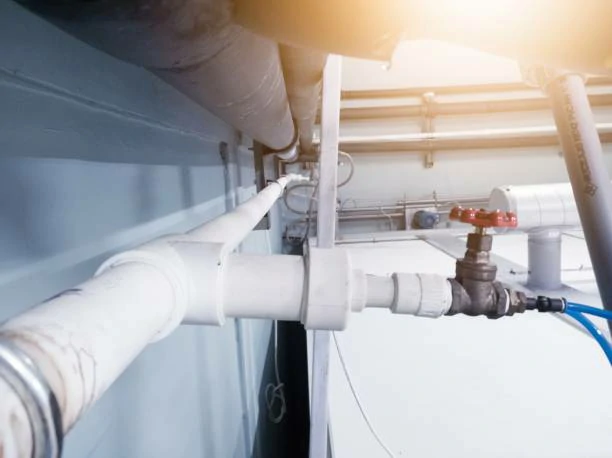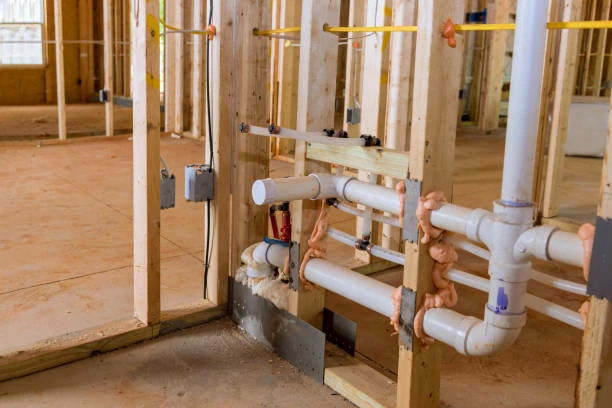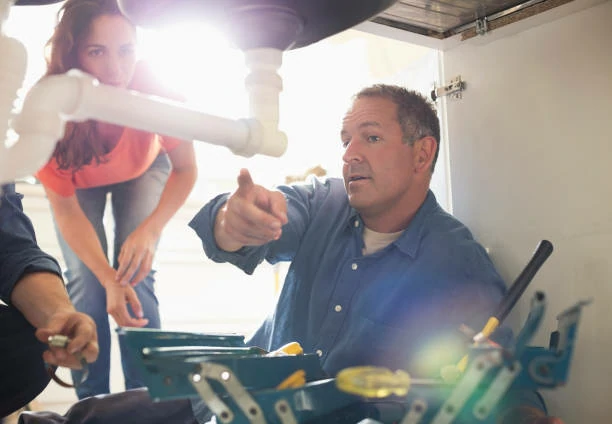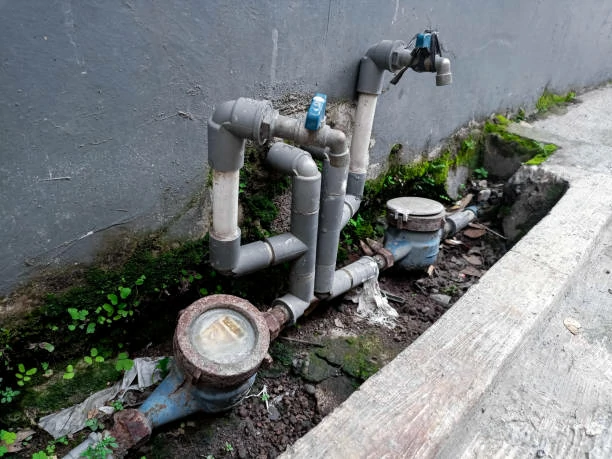Understanding HDPE Material Characteristics
Exceptional Durability:
HDPE, or High-Density Polyethylene, is celebrated for its exceptional durability, making it a preferred choice for plumbing applications. Unlike traditional materials like metal or PVC, HDPE pipes are highly resistant to corrosion, abrasion, and chemical damage, ensuring long-term reliability and performance.
Flexibility for Versatile Applications:
Another key characteristic of HDPE plumbing is its flexibility, allowing for easy installation in various environments and conditions. HDPE pipes can bend and flex without compromising structural integrity, making them ideal for installations in tight spaces or areas with challenging terrain.
Chemical Resistance:
HDPE exhibits remarkable resistance to a wide range of chemicals, making it suitable for diverse applications, including industrial processes, wastewater treatment, and chemical transport. This chemical resistance ensures the integrity of the plumbing system, even when exposed to harsh substances or environments.
Lightweight Design:
HDPE pipes are known for their lightweight design, which simplifies transportation, handling, and installation. The lightweight nature of HDPE pipes reduces the need for heavy machinery during installation, lowering labor costs and minimizing environmental impact.
Assessing the Environmental Impact of HDPE Plumbing
Reduced Carbon Footprint:
HDPE plumbing contributes to a reduced carbon footprint compared to traditional piping materials. The lightweight design of HDPE pipes requires less energy for transportation and installation, resulting in lower emissions and energy consumption throughout the product lifecycle.
Recyclability and Sustainability:
HDPE is a highly recyclable material, allowing for the production of new pipes and products from recycled HDPE resin. By promoting recycling initiatives and using recycled HDPE material, the plumbing industry can reduce waste generation and promote sustainability.
Longevity and Reduced Maintenance:
The durability of HDPE pipes contributes to their longevity and reduced maintenance requirements. Unlike metal pipes that may corrode over time, HDPE pipes can withstand harsh environmental conditions, minimizing the need for frequent replacements and repairs.
Chemical Inertness and Water Quality:
HDPE’s chemical inertness ensures that it does not leach harmful substances into the water supply, maintaining water quality and safety. This feature makes HDPE plumbing suitable for potable water distribution systems, ensuring clean and uncontaminated drinking water for communities.
Conclusion
HDPE plumbing stands out for its exceptional material characteristics and minimal environmental impact. With its durability, flexibility, chemical resistance, and lightweight design, HDPE pipes offer superior performance and reliability for various plumbing applications. Furthermore, the environmental benefits of HDPE, including reduced carbon footprint, recyclability, and water quality preservation, underscore its role as a sustainable solution for modern infrastructure needs. By embracing HDPE plumbing, we can build resilient, efficient, and eco-friendly plumbing systems that benefit both communities and the environment.
Contact
IFANPLUS is a specialized product series launched by IFAN, primarily covering plastic pipes, fittings, and various types of valves. We offer PPR and PVC pipes in German and American standards, ensuring the high quality and reliability of our products. IFANPLUS valve products include a variety of valves, from PPR valves to other diverse copper valves, catering to your specific requirements. Whatever product you need, IFANPLUS will be your reliable partner. Here is our contact information.
We will reply your email or fax within 24 hours.
You can call us at any time if there is any question on our production.
For more information,pls visit our webside https://www.ifanplus.com/
Pls Mailto: [email protected]






